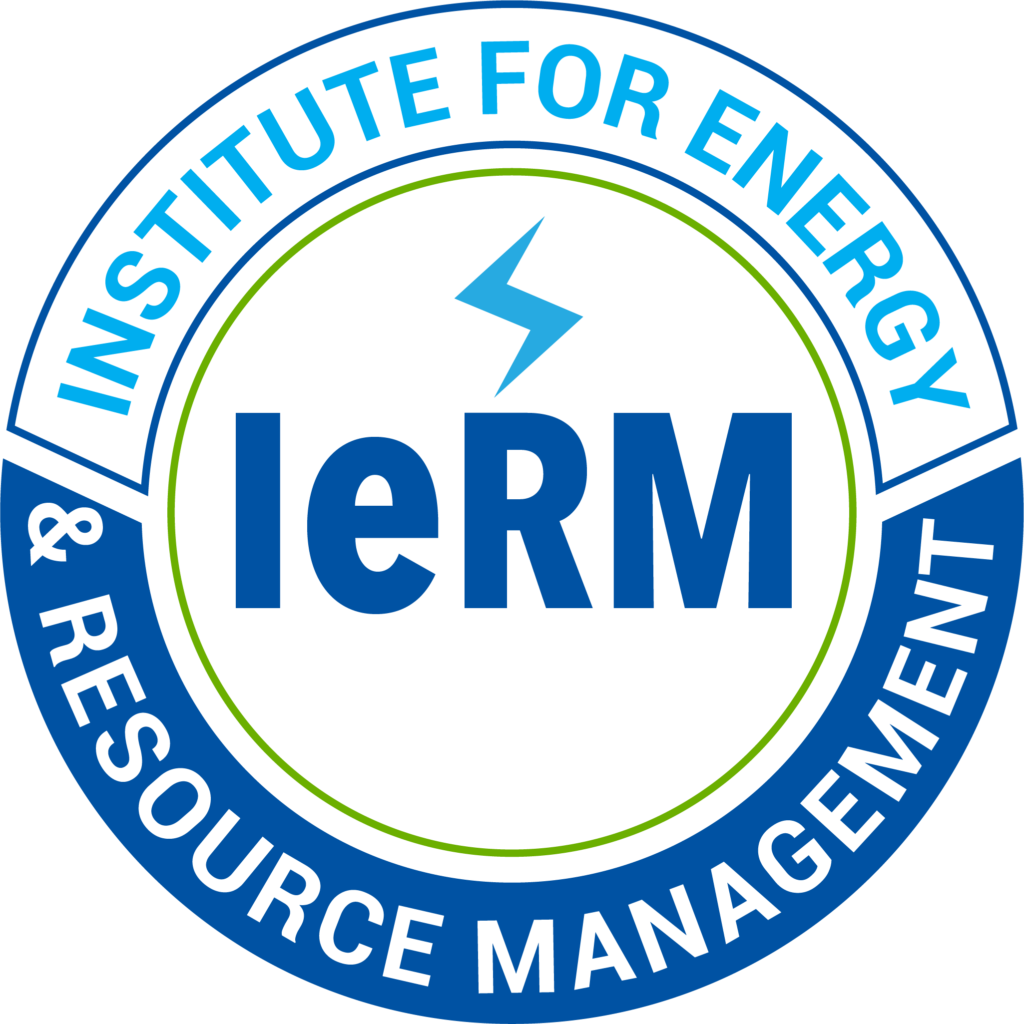While we favor a circular economy without landfilling or WTE/Incineration the nature of society (and consuming) does create waste that cannot be avoided or recycled. In that case waste should first be made inert, toxics destroyed, and materials and energy recovered so that landfilling, the worst option for dealing with…
– The EPA has stated it believes estimates of methane emissions from landfills may be twice as high as models indicate. While the landfill industry might disagree, numerous field studies have found that methane emissions are actually much higher than estimated. A 2016 study by Germany’s Institute for Energy and Environmental Research identified that landfill operators’ claims of methane recovery left out substantial amounts of emissions.
-Waste management companies are no longer just local contractors and the largest landfill operators are now national publicly traded companies. Substantial sums have been spent at the federal and state level by the waste management industry to influence the development and implementation of regulations. It is clear that waste companies have a vested interest in maintaining the status quo, and are willing to spend to do so.
-As more and more people come to realize the urgency of the climate crisis and the need for real and significant action, the U.S. must follow suit. As European Union Commission President Ursula von der Leyen said before the opening of the COP26 conference in Glasgow, now comes the “moment of truth” that will affect the “survival of mankind.”
By hiding the real costs of landfills to the public, the true value of recycling is hidden, as well as the critical gains from avoiding environmental disasters associated with releases from waste containment. Bad decisions will follow from incorrect price signals to public decision makers when the cost of prevention cannot be compared to the future costs of managing environmental calamities.
A major cause of under-pricing landfills is the failure of landfill companies or the municipalities to account for the long-term liability of existing landfills, in contravention to the most basic rules for recognizing future costs that will be incurred by failing to act prophylactically today.
Clearly, inclusion of these liabilities on the books as required by standard accounting practice will lead to long-term costs for cities and landfill companies and will have an adverse effect on value and stock price. Current accounting of landfills must be modified to cover generational costs. This will finally give the public realistic measures of current costs vs. future risks, including future costs and future impacts on climate change.
….
Determining the real-world financial risks of the current system is absolutely necessary for the public and officials to make the choices that will govern the laws on post-closure management and liability for the next generations. It is impossible to evaluate future municipal financial health without these inclusions.




